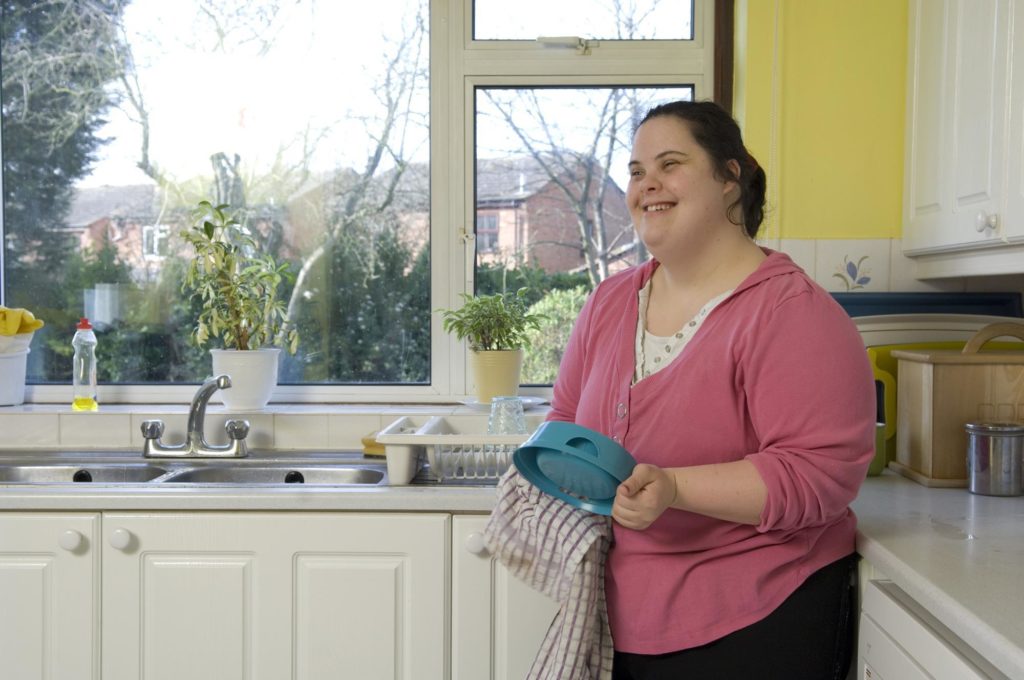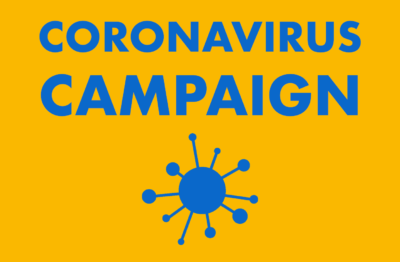
‘Do Not Attempt Cardiopulmonary Resuscitation’ (DNACPR) agreements are part of good medical practice, but should never be driven by panic or unethical decisions relating to rationing.
There is an urgent need for national guidance from the DHSC and NHSE on how to manage if resources run out. In the absence of such guidance, clinicians in individual hospitals or through specialist societies will be using the available evidence to assist in making extremely challenging decisions and trying to work within the ethical framework outlined above. The rising death rate from Covid-19 and the pressure of the pandemic on a weakened NHS have caused warranted anxiety.
Many deaths in the UK are occurring among elderly residents of care homes and, unlike deaths in hospital, these have not been given prominence in daily reports. Press coverage has indicated that ‘Do Not Attempt Cardiopulmonary Resuscitation’ (DNACPR) agreements have been misused. Rather than an agreement on a one-to-one basis after full discussion and as part of advance care planning, marginalised groups such as the elderly and disabled have been asked for consent by letter or, in some cases, decisions have been made on their behalf. Such agreements, while applying only to what should happen in the event of the heart stopping during an illness, have been wrongly interpreted as consent to not having treatment for illness and not being admitted to hospital.

Professional bodies such as the British Medical Association are attempting to provide an ethical framework for health care staff faced with impossible decisions regarding rationing and who should take precedence. Not only have the government failed to provide guidance on this matter (perhaps because it undermines their narrative that the NHS is coping with the onslaught and will continue to do so) but through their grotesque incompetence in failing to follow World Health Organisation advice have put front line workers in an unprecedented position – having to make decisions about who should and who should not receive care.
Government, policymakers, managers and clinicians have a responsibility to patients to ensure that any system used to assess patients for escalation or de-escalation of care does not disadvantage any one group disproportionately. Treatment should be provided, irrespective of the individual’s background (e.g. disability) where it is considered that it will help the patient survive and not harm their long-term health and wellbeing.
CLICK HERE FOR THE 'LONG READ'
John Puntis Co-Chair Keep Our NHS Public







I received two phone calls, both shared the same two questions in common and were said on the same way by both the receptionist and GP so I query if they are scripted.
-Are you happy for us to put a DNR on your file?
-Are you happy for us to put a Non Admission on your file, so you won’t go to hospital should you become unwell?
This isn’t a misinterpretation. I have been asked twice to self-sacrifice because I’m on the shielding list. My GP surgery has apologised for the second call. However, they state the first call was due to ‘following government and NHS directive’.